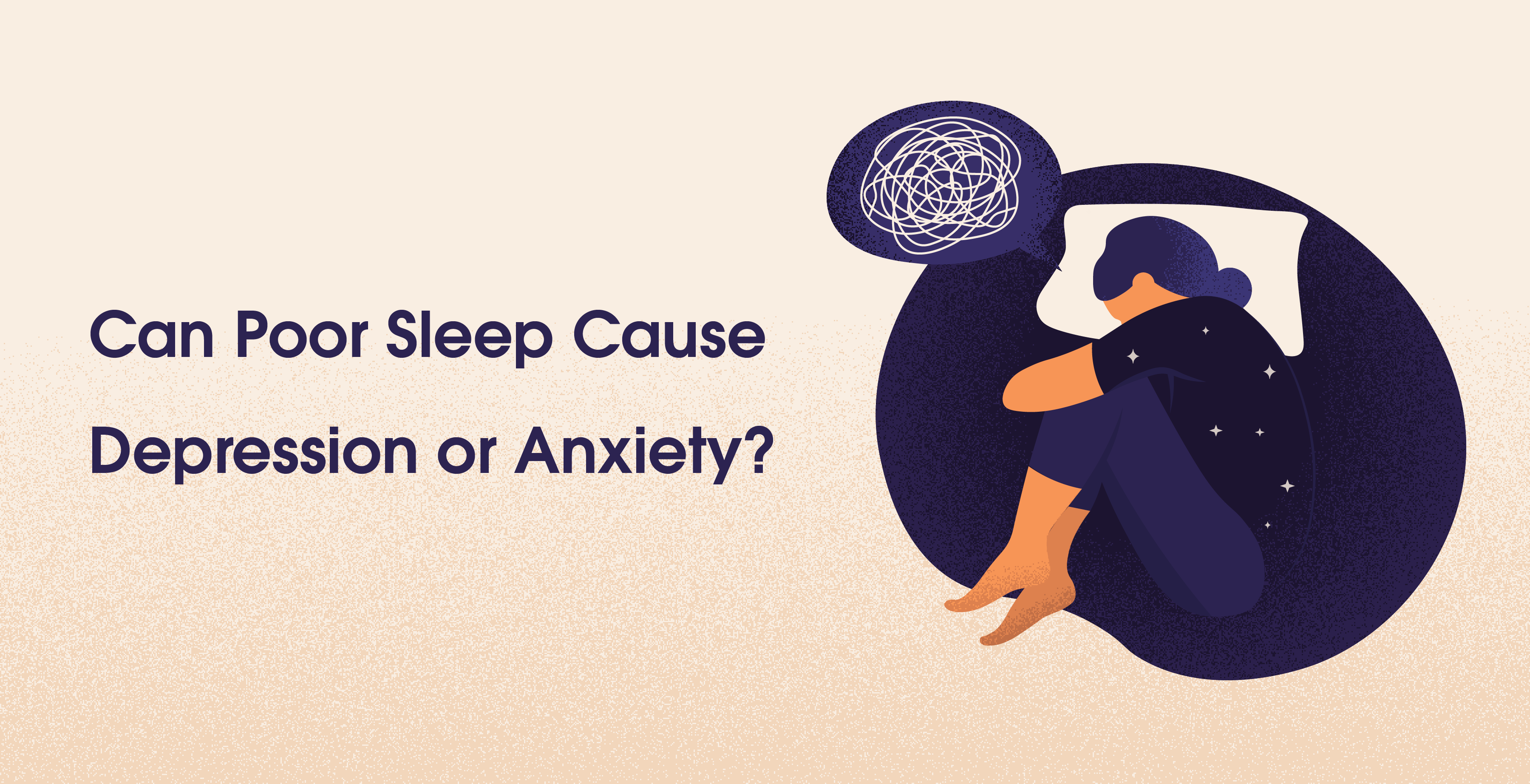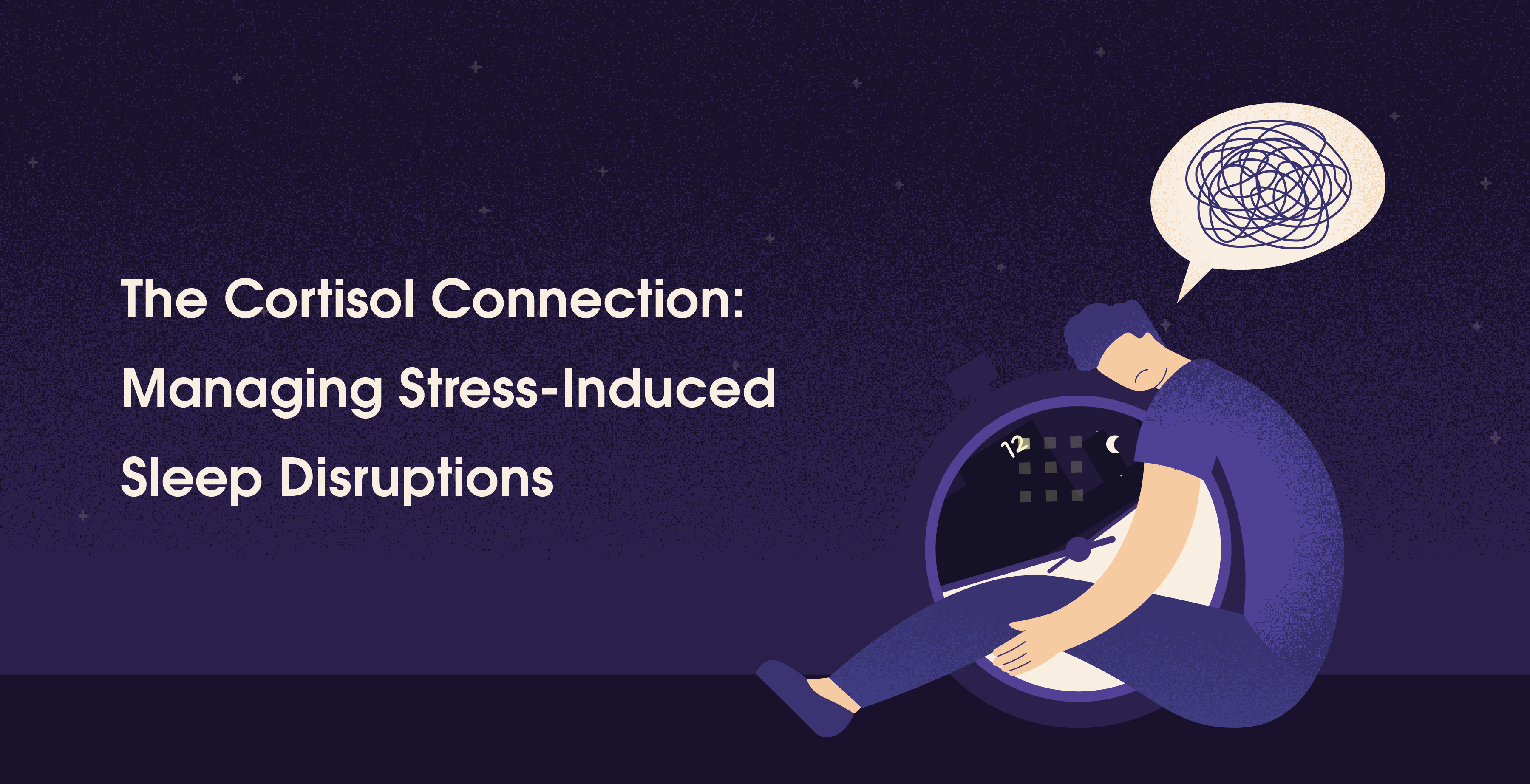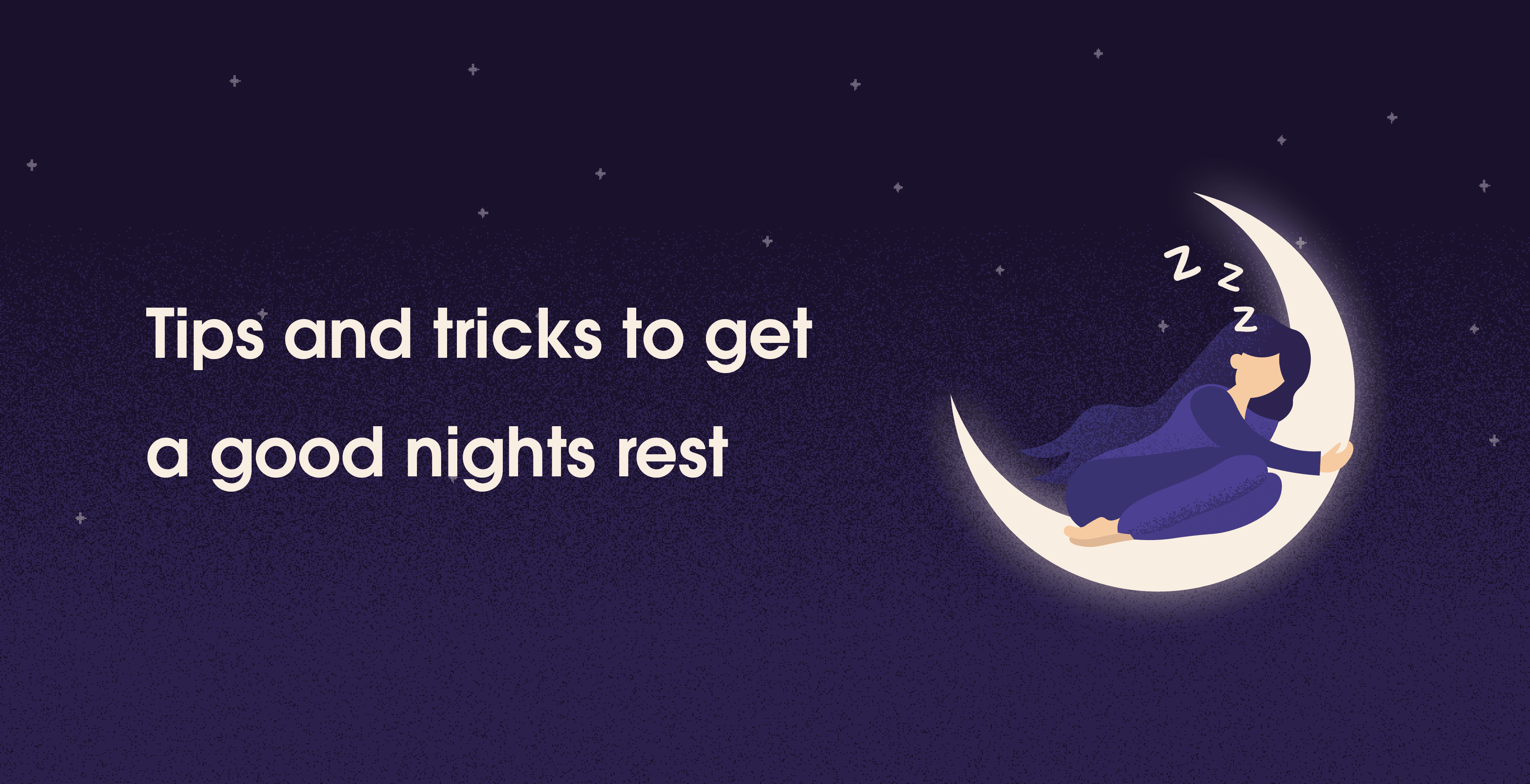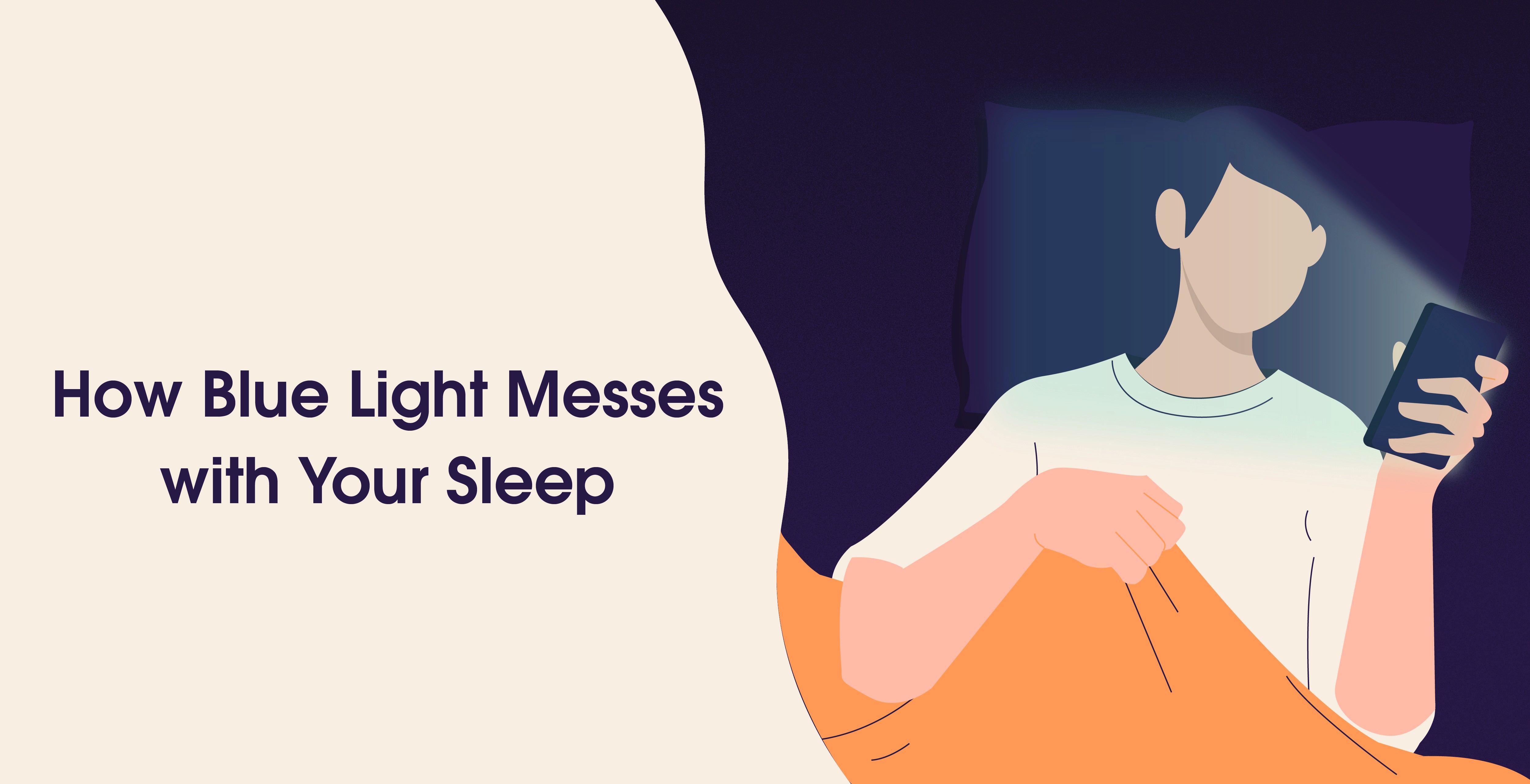Can Poor Sleep Cause Depression or Anxiety?
Jan 22, 2025
Sayfali Rawlani

Table Of Contents
Ever had one of those nights where you toss and turn, only to greet the morning feeling like you’ve been hit by a truck? Yeah, we’ve all been there. Sleep and I have a love-hate relationship too. But here’s the thing—those sleepless nights aren’t just about feeling groggy the next day. Over time, they can really mess with your head, stirring up anxiety and even depression.
Now, before you roll your eyes thinking, “Great, another thing to stress about,” let’s break this down together. Imagine your brain as your phone. You plug it in every night to recharge, right? Sleep is like that charger. Skip it, and suddenly, your phone’s at 10%, struggling to keep up. Your mind? Same deal.
The Sleep-Mood Tug-of-War
When sleep goes out the window, your brain can get a little chaotic. The part of your mind that manages logic and emotional control—the prefrontal cortex—takes a backseat. Meanwhile, your amygdala, the drama queen of the brain, goes full-on overdrive. This imbalance makes tiny annoyances feel like colossal disasters. Didn’t get a reply to that text? Cue the anxiety spiral.
But it’s not just anxiety creeping in. Sleep deprivation has this sneaky way of making your world look a little darker. It’s like someone dimmed the lights on everything good in life. That’s where depression starts nudging its way in, whispering thoughts you don’t want to hear.
The Chicken or the Egg Theory
Now here’s a plot twist: it’s not always clear which comes first—poor sleep or mental health struggles. It’s a bit of a “which came first, the chicken or the egg” scenario. Anxiety and depression often make sleep elusive. Your mind races, your worries spiral, and sleep becomes the last thing your body can manage. On the flip side, lousy sleep habits can plant the very seeds of those same mental health struggles.
Think about it. A bad night’s sleep might leave you edgy, snappy, or drowning in self-doubt. Multiply that by weeks—or worse, months—and the mental toll is huge. It’s no wonder studies link chronic insomnia with an increased risk of depression and anxiety disorders.
The Silent Build-Up
What’s tricky about this sleep-depression-anxiety cocktail is how quietly it creeps in. At first, you brush off the fatigue with extra coffee or maybe even a power nap. No big deal, right? But then the sleepless nights pile up. You feel disconnected. Conversations feel like chores. Your patience thins to paper.
Suddenly, the thought of even basic tasks feels overwhelming. “Why can’t I just snap out of it?” you ask yourself. But that’s the thing—sleep deprivation chips away at your resilience, leaving you more vulnerable to negative thoughts and emotional dips.
The Role of Stress
Let’s not forget the stress factor. It’s like the evil twin of anxiety, always lurking around the corner. When you’re sleep-deprived, your body’s stress hormone—cortisol—decides to make a grand appearance. It’s like adding fuel to an already smoldering fire.
Ever notice how even minor stressors feel unbearable when you’re running on empty? That’s cortisol taking center stage, amplifying your response to stress and making relaxation seem like a distant dream.
The Bright Side of Better Sleep
Here’s the good news, though: it’s not all doom and gloom. Sleep, for all its elusiveness during rough patches, is your body’s ultimate reset button. Improving your sleep habits doesn’t just make you feel refreshed—it’s like giving your brain a spa day.
Small tweaks can make a world of difference. Maybe it’s setting a bedtime routine that feels less like a chore and more like self-care. Dimming the lights, reading a book, sipping on herbal tea—it all adds up. And let’s not underestimate the power of unplugging from your devices before bed. The blue light from screens? Yeah, that’s a real villain in this story.
Finding Balance
Of course, it’s not as simple as “just sleep better.” Anxiety and depression can make restful sleep feel as unattainable as a unicorn. But addressing one piece of the puzzle—like prioritizing quality sleep—can have a domino effect on everything else.
Sometimes, though, it’s okay to ask for help. Therapy, mindfulness techniques, or even medications can provide that extra nudge your mind and body need to find their balance again. Sleep might not cure everything overnight (pun intended), but it’s a damn good place to start.
Wrapping It Up
So, can poor sleep cause depression or anxiety? Absolutely. It’s like the frenemy you didn’t ask for, quietly sabotaging your mental well-being while you’re just trying to get through the day. But the beauty of this messy relationship is that it’s fixable. You’re not stuck in this cycle forever.
Take it one step at a time. Give yourself grace on the hard days. And remember, prioritizing sleep isn’t just about resting your body—it’s about giving your mind the break it desperately needs.
Because when you reclaim your sleep, you’re not just recharging your brain. You’re reclaiming your peace, your clarity, and your joy. And that? That’s worth every effort.
Read More

Copyright © 2025 trst health. All right reserved.



